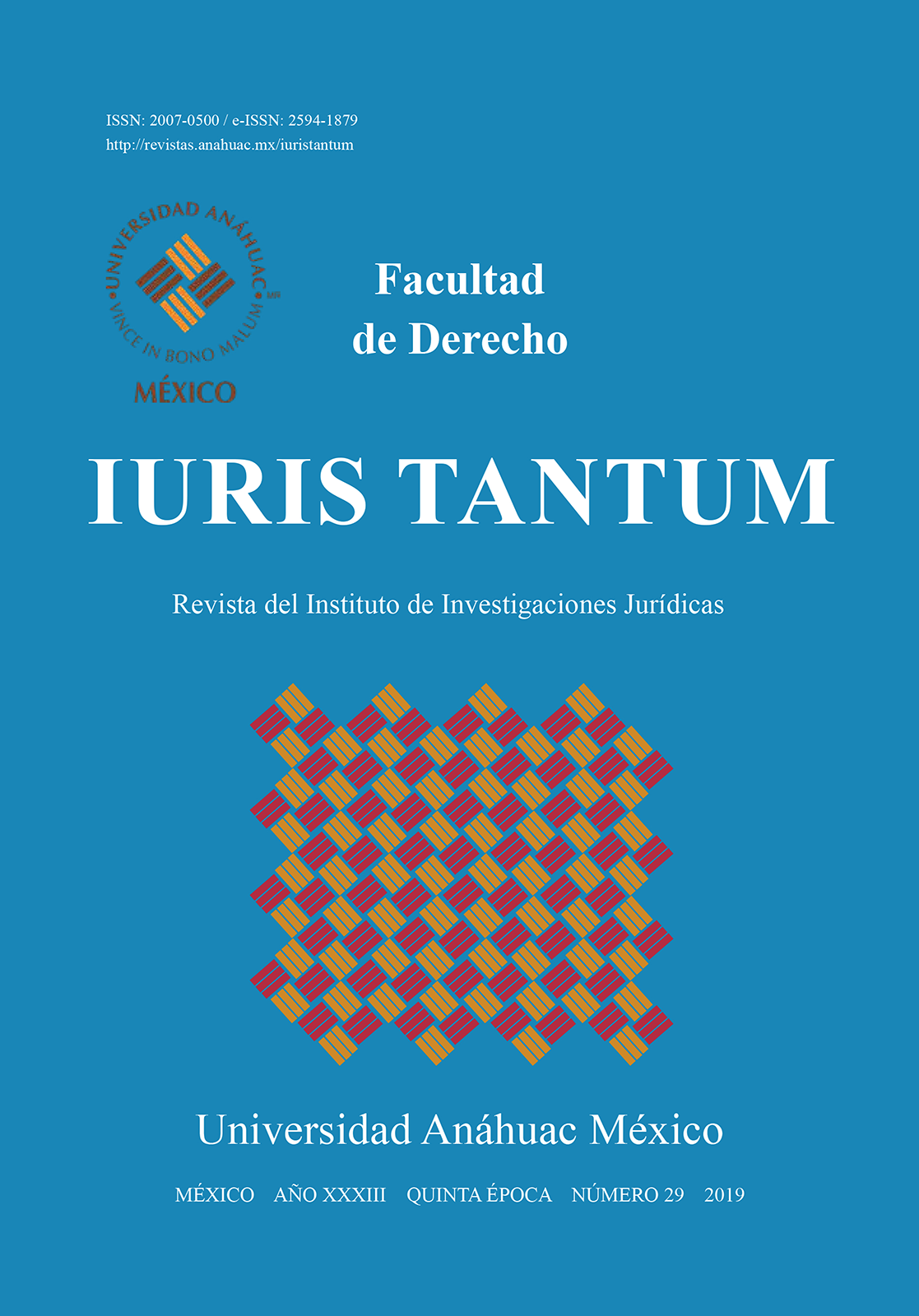THE ETHICAL COMPONENT OF RESTORATIVE MEDIATION
Main Article Content
Abstract
Restorative mediation has close ties to transitional justice and, although they do not substitute the processes related to judicial protection, the links they maintain allow us to suggest that solidarity, as an ethical aspect of the rational behavior of every person, contributes to the recomposition of the social structures in the face of conflicts that, due to their magnitude, cannot be solved in an integral way through adversarial methods, so that in scenarios of generalized violence, such as those currently occurring in our country, restorative mediation constitutes a desirable option of public policies.
Downloads
PLUMX Metrics
Article Details
Iuris Tantum is distributed under international Creative Commons Attribution-NonCommercial-ShareAlike 4.0 International License.
The author keeps the property rights with no restriction whatsoever and guarantees the magazine the right to be the first publication of the work. The author is free to deposit the published version in any other medium, such as an institutional archive or on his own website.
References
GONZÁLEZ DE COSSÍO, Alejandro, Arbitraje, México, Porrúa, 2016.
GUERRA, RODRIGO, “Bien común. La maduración de un concepto”,
http://arvo.net/etica-y-politica/bien-comun-la-maduracion-de-un-concepto/gmxniv894-con16781.htm.
HABERMAS, Jürgen, La inclusión del otro. Estudios de teoría política, España, Paidós, 1999.
HERVADA, Javier, Introducción Crítica al Derecho Natural, 10ª ed. corregida, Pamplona, Universidad de Navarra, S.A., 2001.
NATÓ, Alejandro, et al., Mediación Comunitaria. Conflictos en el escenario social urbano, Buenos Aires, ed. Universidad, 2006.
REDORTA, Josep, Cómo analizar los conflictos, España, Paidós, 2004.

